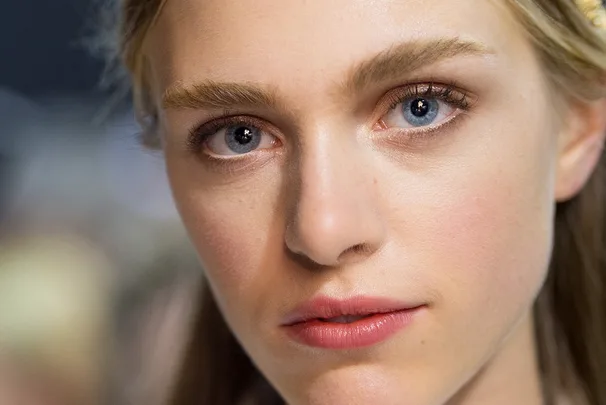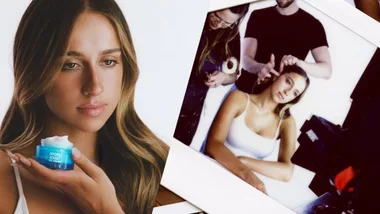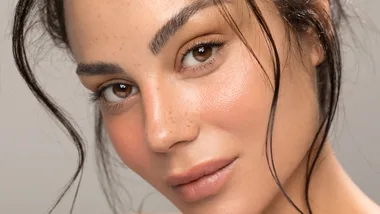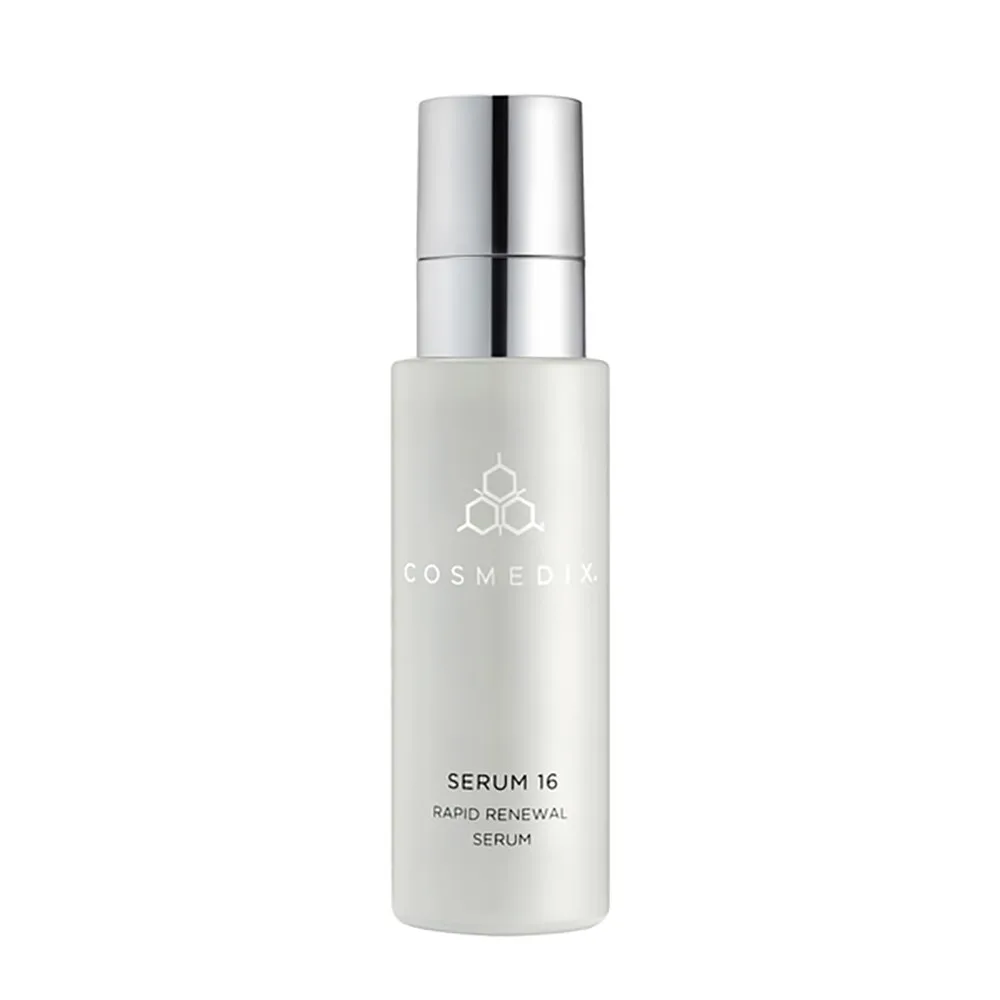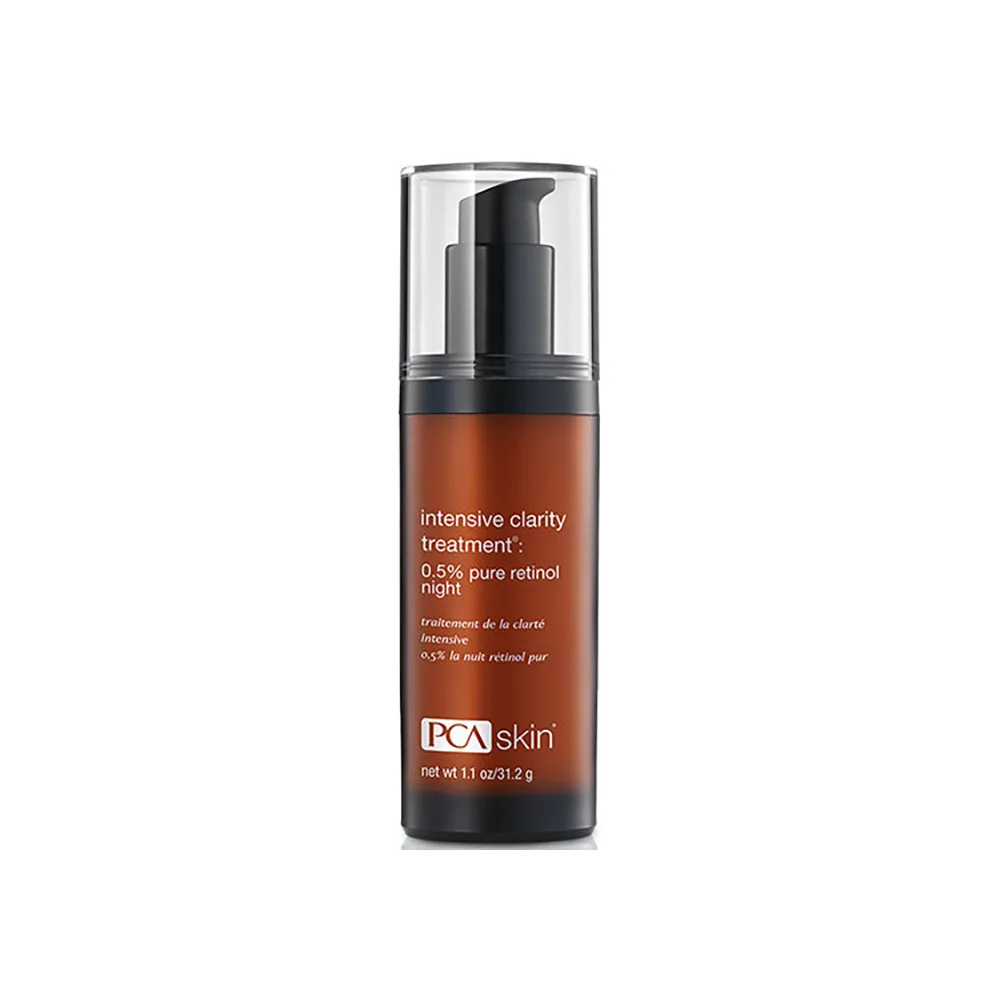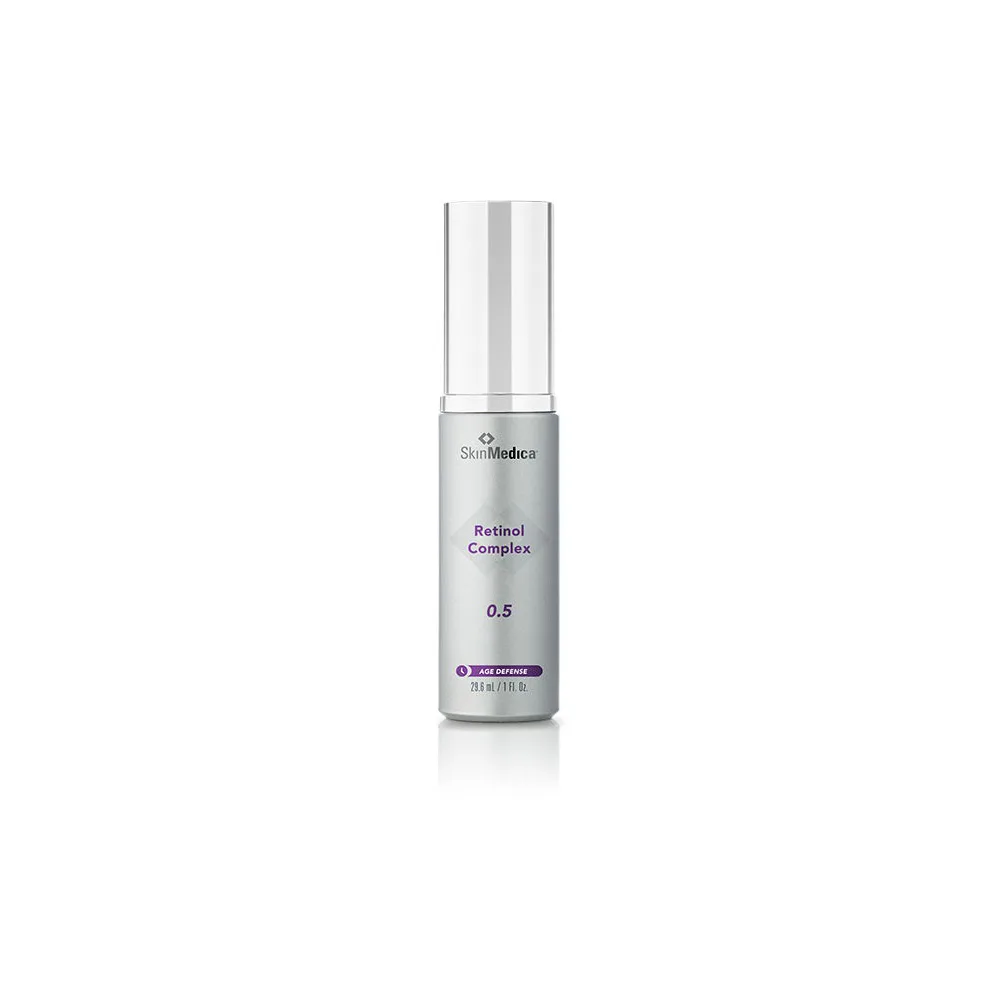It’s the star ingredient of all the best skincare regimens and everyone from top models to the world’s best dermatologists swear by it. But what exactly is retinol?
“Retinol really is the holy grail of skincare,” says celebrity facialist Melanie Grant, who’s responsible for the glowing visages of Jessica Gomes, Lara Worthington and Nicole Warne, among others. “It’s tried, tested and proven to treat many skin conditions including large pores, fine lines, wrinkles, acne, blemishes, pigmentation and dull or uneven skin tone.”
High praise indeed. But it doesn’t stop there: “There is published clinical data that shows that topical retinol produces appreciable benefit with skin pigmentation and fine lines (aka wrinkles!),” says Dr James Muir, dermatologist with the Australasian College of Dermatologists. “Other effects seen with retinol include comedolysis (getting rid of black and whiteheads), regeneration of the dermis and pigment lightening.”
In other words, retinol really works. But is it right for your skin type? This is what you need to know.

Retinol, Retin-A, Retinoids… same thing?
No. “‘Retinoids’ refers to the group of compounds having effects in the body like those of Vitamin A,” explains Dr Muir. While retinol can be found in products available over the counter, Retin-A is its far more potent cousin, and can only be bought with a prescription.
Which you use is up to you (and your wallet), but note that current research suggests prescription-only tretinoin (aka Retin-A) is the only topical retinoid “that has been comprehensively proven to decrease fine wrinkling, increase dermal collagen and repair elastin fibre formation,” according to Dr Muir.
That’s not to say non-prescription retinol has no effect. “As retinol is converted into tretinoin in the skin it is presumed to have similar effects,” says Dr Muir. We’ve used ‘retinol’ as an umbrella term below.
How does retinol work?
“Retinol works by speeding up the turnover of dead skin cells, making way for fresh new cells to come to the surface,” says Grant. “It also thickens the deeper layers of our skin by stimulating the production of collagen as well as preventing collagen loss.”
Just don’t expect to see results overnight. “Benefits will not be seen for several months,” advises Dr Muir. Any brides-to-be reading? Get thee to a chemist, stat.

Who should be using retinol?
Want great skin? Step right this way – Grant recommends starting a retinol as early as your twenties. “I almost always include a retinol into most of my clients’ skincare regimes as it treats myriad issues,” she says. “I see it as an essential step in a good skincare regime.”
How exactly do you use retinol? And is it safe?
“When using a topical retinoid for photo-ageing most apply daily, in the evening,” says Dr Muir, who stresses the importance of daily sunscreen application when using retinol. “As topical retinoids thin the outer layer of the epidermis, the stratum corneum they induce increases sensitivity to sunlight,” he says.
Introduce retinol slowly to mitigate any skin sensitivity. “Try using a retinol serum after your evening cleanse two or three times per week before applying your night cream, eventually building up to every night,” suggests Grant. Another approach is to “apply the agent and remove after an hour or so,” advises Dr Muir. “Increase the period of application as tolerated.”
Retinol side effects
Retinols can get a bad wrap due to their potency, as it’s easy to overdo it and end up a red hot mess. “Retinols have come a long way in recent times with lower dose, time release formulas being far gentler on the skin,” says Grant.
Some redness, flakiness, peeling and sensitivity is to be expected when you first start. “This is often transient and many will develop tolerance with repeated use,” says Dr Muir. You know what they say: no pain, no gain.
Is there anyone who shouldn’t use retinol?
For pregnant or breastfeeding women, retinol is a no-go. “This is because although vitamin A is needed for normal growth, excess amounts can have adverse affects on the developing embryo and foetus,” explains Dr Muir. “There are at least four published case reports of birth defects associated with topical tretinoin use.”
Beyond that, sensitive or rosacea-prone skin types should also steer clear. “Almost every skin type except for hypersensitive or compromised skins can use retinol,” says Grant.
